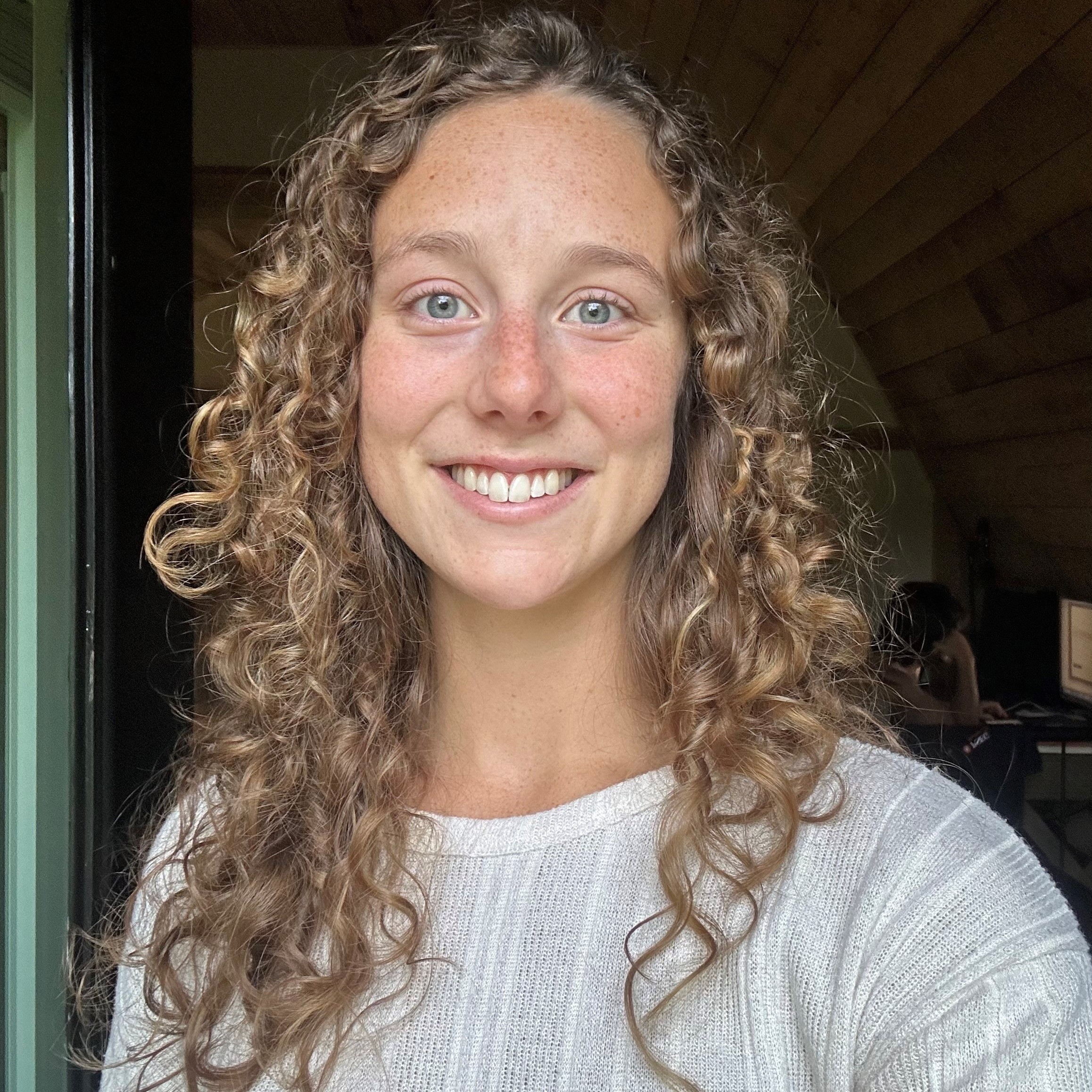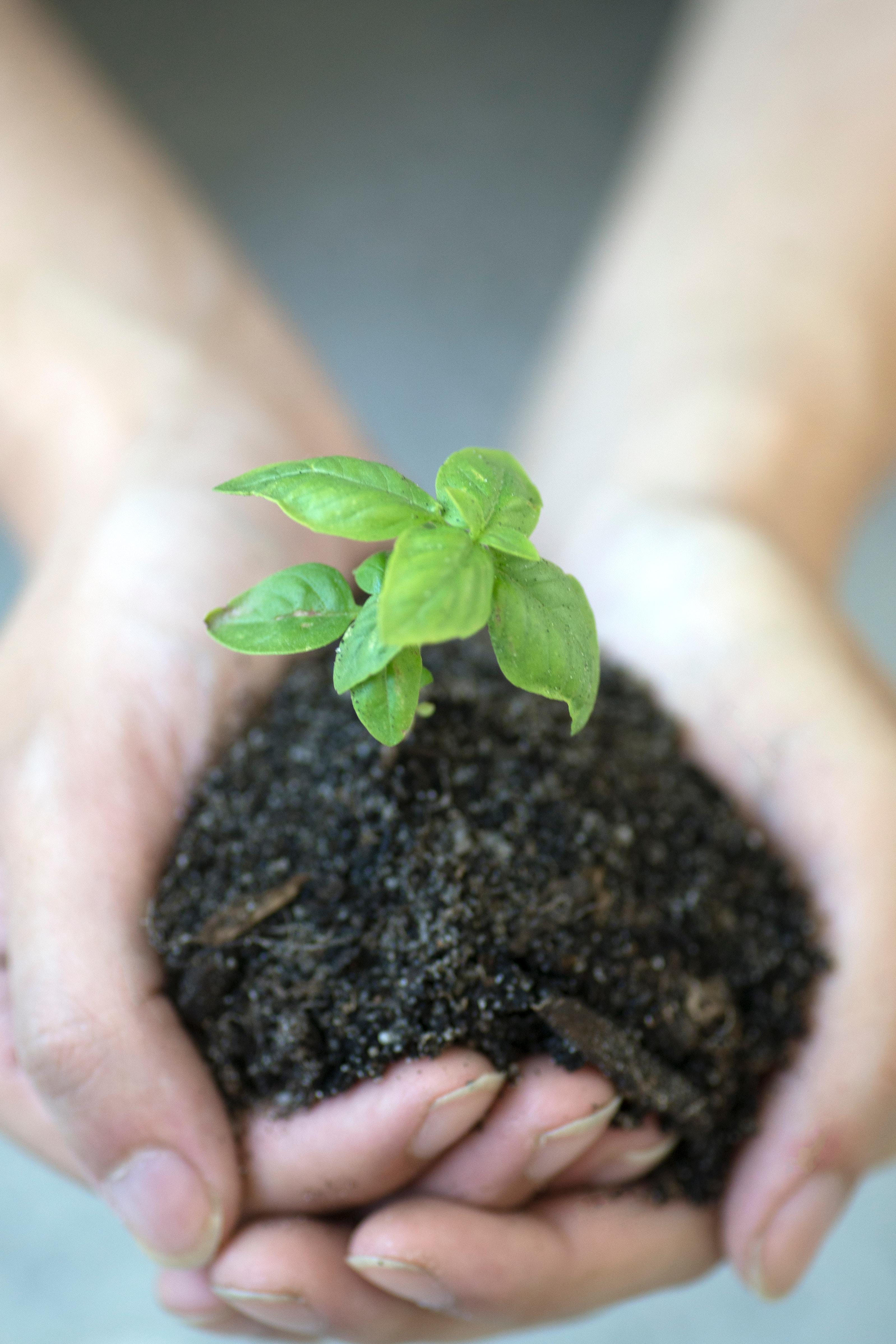Environmental Sustainability: Using nature-based technologies to help sequester carbon and fight climate change
This Pod will meet once per week for 6 weeks, starting on February 7, 2024 at 7:30pm EST/4:30pm PST, with the last session being Wednesday March 13, 2024.
By enrolling you confirm this time works for you.
Date and time
Wednesday, 7:30pm EST/4:30pm PST
Group size
1-6 students
Outcome
A webpage on a collaborative webspace for this class and a short essay published in a pre-print journal
Tuition
$495

TAUGHT BY
Mackenzie
Ecole Nationale Supérieure d'Agronomie de Montpellier MS in Environmental Science


This pod has already started.
Check out other Pods and find which fits you best!
Browse available Pods
Environmental Sustainability: Using nature-based technologies to help sequester carbon and fight climate change
As weather patterns and events change across the planet, scientists increasingly look to nature for solutions on how we might slow down or reverse the effects of Climate Change. In this pod, students will learn the scientific fundamentals of what is changing in our atmosphere, explore the current carbon capture technologies and strategies, and create recommendations for the future of carbon sequestration. Each student will write a short article to be published in a pre-print archive and on a class website.
ABOUT THE MENTOR
Mackenzie
Ecole Nationale Supérieure d'Agronomie de Montpellier MS
Hello! Bonjour! My name is Mackenzie, and I have just wrapped up my graduate degree in viticulture and enology (fancy terms for wine science) in the South of France and Italy. As fun as this sounds, I am really focused on finding solutions to reduce the strain that agriculture and energy production puts on our environment. Because of this, I study greenhouse gas emissions, water/CO2 footprints, environmental engineering, and any innovative solution looking to push us towards SUSTAINABILITY. Previously, I have guided students projects in industrial agricultural pollution, the discrimination that female farmers face in Africa, water pollution solutions, how to clean up a park in someone's home town, carbon footprints, carbon market loopholes, and much more. Over the summer I was working in lithium-ion energy storage but traded this for my current position in solar energy maintenance and operations. I monitor the performance of huge solar arrays and use data analysis to determine if they are producing efficiently. You would be amazed to hear some of the stories that cause solar panels to break... munching sheep... lightning... aggressive birds! On the other hand, the arts--specifically dance--are my safe space. I have studied and taught countless styles. I am also interested in poetry and creative writing. I think this gives me my edge in editing and publication of student research. I am excited to meet you!

Environmental Sustainability: Using nature-based technologies to help sequester carbon and fight climate change
Week by week curriculum
Week 1
Week 1: The Carbon Domino Effect - By the end of the session, students will understand scientific foundation of climate change and anthropogenic process which are causing worldwide consequences. They will also be able to explain why atmospheric carbon levels are high, are increasing, and why they need to be reduced. Students will compile preliminary research for homework.
Week 2
Week 2: Cornering and Capturing Carbon - By the end of the session, students will be able to explain the basis of environmental vs. anthropogenic carbon as well as strategies for the world to reduce atmospheric levels. Students will also learn about common carbon capture technologies. Students are encouraged to research additional technologies and ideas for homework.
Week 3
Week 3: Deep Diving into Solutions - By the end of the session, students will understand a wider range of potential solutions and their drawbacks as discussed by the instructor and other students. Student will be able to critically think and evaluate different strategies. For homework, students continue research and assigned video to begin their webpage.
Week 4
Week 4: Is Nature our Best Path Forward? - By the end of the session, students will debate whether nature based solutions (versus human-engineered solutions) are the best path forward. Student will better understanding the larger climate change problem and plethora of possible solutions. For homework, students are finalizing research and writing their short essay.
Week 5
Week 5: Back to the Future - By the end of the session, students will develop their own conclusions and thoughts about the best strategies, technologies, ideas, and solutions for carbon sequestration. For homework, students are finishing their essay edits and webpage.
Week 6
Week 6: Are We Doomed or Is Nature Our Best Solution? - By the end of the session, students will have finished a short essay, and be prepared for preprint submission, and have shared their webpage with the group. Homework is for wrapping up any last edits and paper submission.
